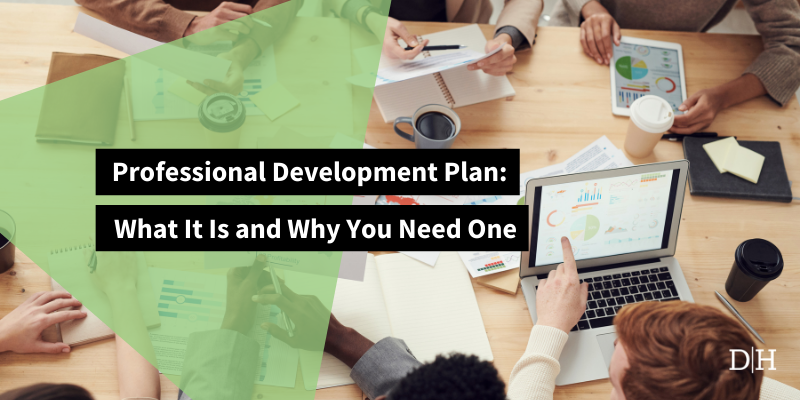Developing yourself as an entrepreneur isn’t easy. In addition to learning and practicing new skills—networking, public speaking, leadership—you’re also going to spend a huge portion of your time with your nose in a book. It’s actually one of the most common things I hear from other professionals: “Read. Read often. Read everything.”
Unfortunately, not all books are created equal. If you’re like me, you may find that some books can be a little dense. Others are confusing. Others may put you to sleep halfway through.
And while it’s tempting to simply put a book away when it becomes too challenging, you’ll soon find that doing so is a great way to miss out on key information. If you really want to make the most of your self-education efforts, you need to learn how to read hard books.
So how can you consistently make it through difficult, mind-numbing tomes? It all starts with a dictionary…
Get a Dictionary. Use it.
If you don’t know a word, look it up. Don’t carry on assuming you’ll understand the context of it. Just getting the gist of a game-changing book is unacceptable. Don’t allow an unfamiliar word keep you from progressing.
Simple enough? Let’s talk audio.
Get the Audiobook Too.
It’s often hard to find a book these days that isn’t also available on tape (well, mp3). If you’re having difficulty making it through a particular book, try picking up the audiobook too. Having the text read to you can help alleviate boredom and wring every last drop of advice from the text.
However, I’d caution you to avoid plowing through the whole book on audio alone. Try reading the physical copy along with the audio. This an old strategy used by language learners and is extremely effective. Doing this, you’ll allow your brain to process information using two senses— meaning you’ll retain more of what you read.
Get Rid of Your Highlighter
Studies have shown, over and over, that highlighting important information does almost nothing for retention. Some studies even suggest that highlighting can lead to worse long-term retention due to the false sense of security they create “it’s OK, I’ll highlight this now so I can come back later.”
Do yourself of a favor: keep the highlighter far away from your book.
Get Directions.
Cracking open a new book can be exciting. Especially if it’s one recommended by your colleagues, friends, people you look up to. Often, we go out of our way to avoid spoilers, “no don’t tell me!” in anticipation of the journey we’re about to embark on, starting with page one.
However, while this is fine for fiction, non-fiction is actually better served with as much context as possible. Instead of waiting until page one, start your education early. Look up book summaries, Amazon reviews, and other’s notes on the book before you read it. This gives you a big picture view, like seeing the box art of a jigsaw puzzle before you get started.
Yes, you might spoil the surprise. But the added value you’ll get from understanding how each piece fits will make it totally worth it.
Get a New Book
OK, so at the expense of ruining your self-imposed education, let me offer one final piece of advice: if you hate the book, stop reading it.
I know. I just said that you need to push through if you want to get anything out of the material. But honestly, if you’re torturing yourself to finish the second half of a particularly grueling book, just move on. It could be that the next big idea is lurking in a different, more accessible book. Go read that one.
Let me know if you have any other ideas for making hard books more palatable using the comments below. Here on the blog, I review a new book every two weeks (don’t worry, they’re always an easy read). If you’d like to get these book recommendations delivered to your inbox—for free!—enter your email below.




